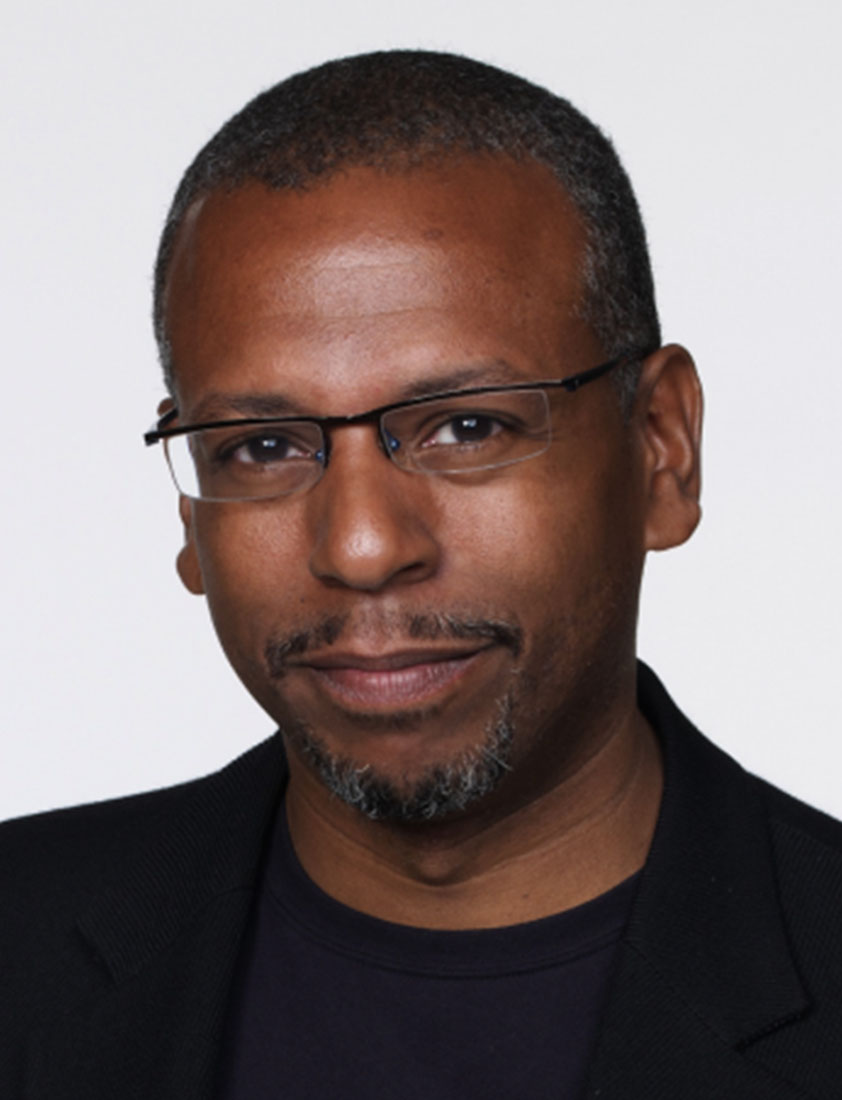
16 Dec Entrepreneur agitates for greater diversity in tech
ALBUQUERQUE, N.M. — When you think “tech,” chances are you don’t think black people, you probably don’t think brown people and you surely don’t think women.
This is a disturbing trend that Hank Williams, the founder of Platform, noticed about three years ago while he was living in the tech mecca of California’s Silicon Valley.
“I was part of a documentary that Soledad O’Brien did on the lack of diversity in Silicon Valley, and it was really the first time I’d ever thought really deeply about the issue,” the tech entrepreneur recalled.
“I lived in Silicon Valley … for about three months, and during that time … I never saw a black or Latino person sitting in a café or doing things that a local person would do,” he said. “There were a few Latino people working there, but basically there was no one.”
That wasn’t to say Williams was naive, but to see diversity so lacking in the heart of the industry was disheartening.
“I was aware that there weren’t a lot of black people … in tech, but it’s a much more visceral experience to live in a place that’s the heart of Silicon Valley and the heart of the most important part of the economy and not see any people that look like you. My impetus (for launching Platform) was viewing that at the end of those three months,” he explained.
And so he created Platform in 2013 as an annual summit that highlights diversity issues and gathers a community of people working in technology, science, art and entrepreneurship with the goals of inspiring the next generation of innovators to participate in the tech industry and, more broadly, the innovation economy. It is also intended to be an area where people of color and women can have a collective voice.
“It’s really to find role models for a young black boy or a young Latina girl,” Williams said. “So the first part was to make it easy … for those young people to be able to see an example of other people that look like them doing this kind of work.”
This year’s summit was in late October in Atlanta, with a guest list ranging from familiar names to those less well-known, but luminaries and thought leaders in their fields nonetheless.
“Platform is about getting you to think about things in a way that you haven’t thought before that inspires you and that gives you insight into how to take and leverage who you are to be more successful than you otherwise might have been,” Williams said.
There are many reasons for the lack of diversity within the tech industry, beginning with its very structure, he said. The tech industry, he explained, would blame it solely on the educational pipeline and that there aren’t enough people of color or women studying the hard skills, such as computer science. There is some truth to that, but it’s only the surface of the problem.
“If you look at Silicon Valley, at least half the jobs are (for) people that never write a line of code; they never do any engineering. They’re marketing … there are all kinds of other jobs (for which) we have plenty of people coming out of business school, even the elite business schools, and those people are not being hired in Silicon Valley, either,” he said.
It also happens that, although the industry would have you believe it is a meritocracy, “It is about as far away (from that) as it is possible to imagine,” Williams stated. “Tech is a sort of very clubby network environment. I think the bigger issue is that we’re not visible. … It’s really that we’re not being invited to the party in sufficient numbers. Again, obviously … particularly on … the hard, engineering side, there’s a pipeline issue, but tech is broader than that, and the reality is that the way people get jobs in this industry and in many industries is, they invite their buddy.”


No Comments